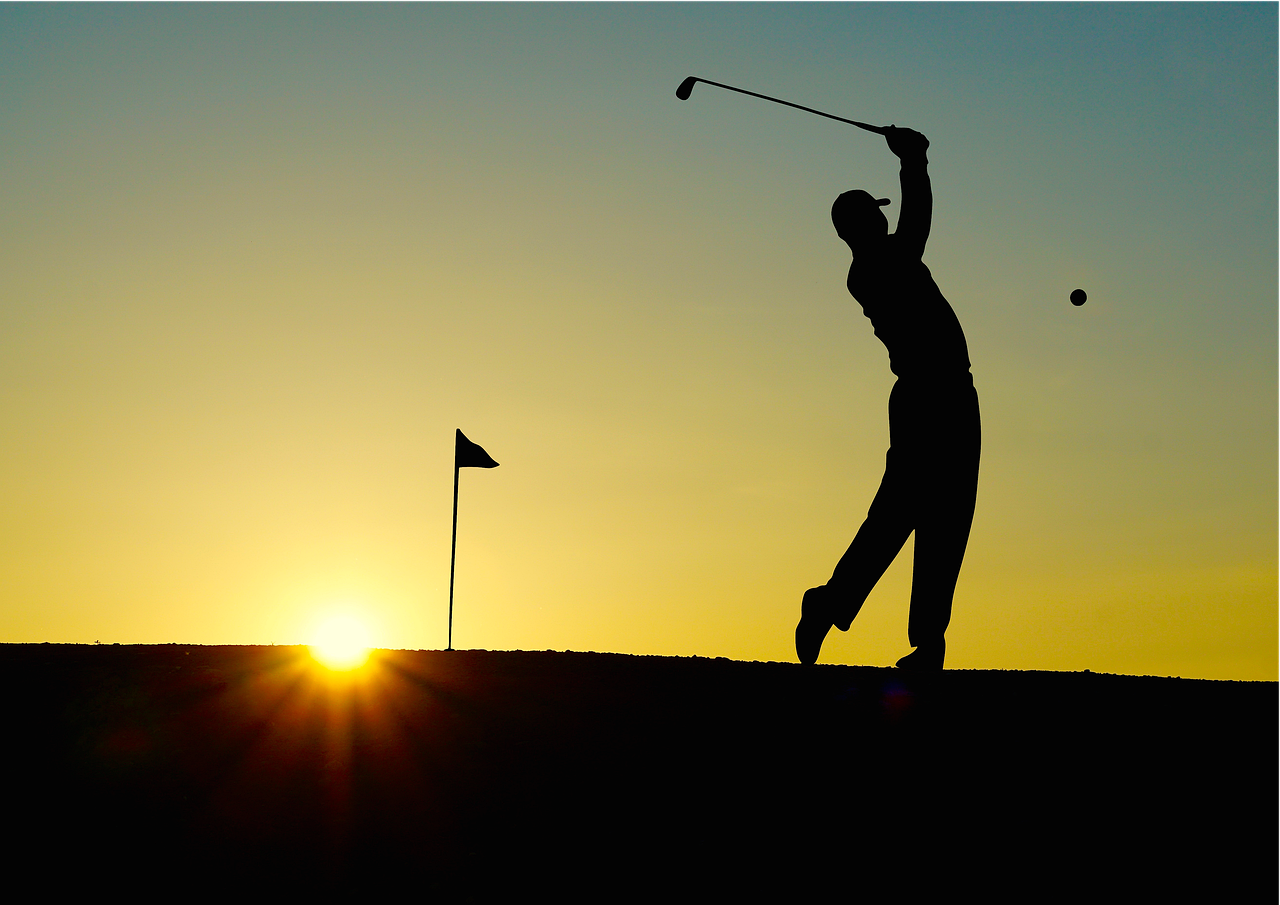Self-awareness is a key component of decision-making in sports, yet it is often overlooked. Athletes who possess a high level of self-awareness are better equipped to make informed decisions on the field or court, ultimately leading to improved performance.
This connection between self-awareness and decision-making is crucial for success in sports. Self-awareness in sports involves understanding one's strengths, weaknesses, emotions, and thought processes. Athletes who are self-aware can recognize when they are feeling nervous or anxious and take steps to calm themselves down. They can also identify areas for improvement and work on developing those skills.
When it comes to decision-making, self-aware athletes are able to make quick and effective choices under pressure. They can assess the situation and make decisions based on their own abilities and the strengths and weaknesses of their opponents. This critical thinking ability can make a significant difference in the outcome of a game.
Self-aware athletes are also more likely to take responsibility for their actions and learn from their mistakes. They can reflect on their performance and make adjustments for future games, leading to growth and improvement. On the other hand, athletes who lack self-awareness may struggle with decision-making on the field. They may make impulsive decisions or let their emotions dictate their actions, resulting in poor performance.
Coaches and trainers can help athletes develop their self-awareness through techniques such as mindfulness practices, journaling, and self-assessment exercises. By encouraging athletes to become more self-aware, coaches can help them enhance their decision-making skills and ultimately improve their performance.
This connection between self-awareness and decision-making is crucial for success in sports. Self-awareness in sports involves understanding one's strengths, weaknesses, emotions, and thought processes. Athletes who are self-aware can recognize when they are feeling nervous or anxious and take steps to calm themselves down. They can also identify areas for improvement and work on developing those skills.
When it comes to decision-making, self-aware athletes are able to make quick and effective choices under pressure. They can assess the situation and make decisions based on their own abilities and the strengths and weaknesses of their opponents. This critical thinking ability can make a significant difference in the outcome of a game.
Self-aware athletes are also more likely to take responsibility for their actions and learn from their mistakes. They can reflect on their performance and make adjustments for future games, leading to growth and improvement. On the other hand, athletes who lack self-awareness may struggle with decision-making on the field. They may make impulsive decisions or let their emotions dictate their actions, resulting in poor performance.
Coaches and trainers can help athletes develop their self-awareness through techniques such as mindfulness practices, journaling, and self-assessment exercises. By encouraging athletes to become more self-aware, coaches can help them enhance their decision-making skills and ultimately improve their performance.



